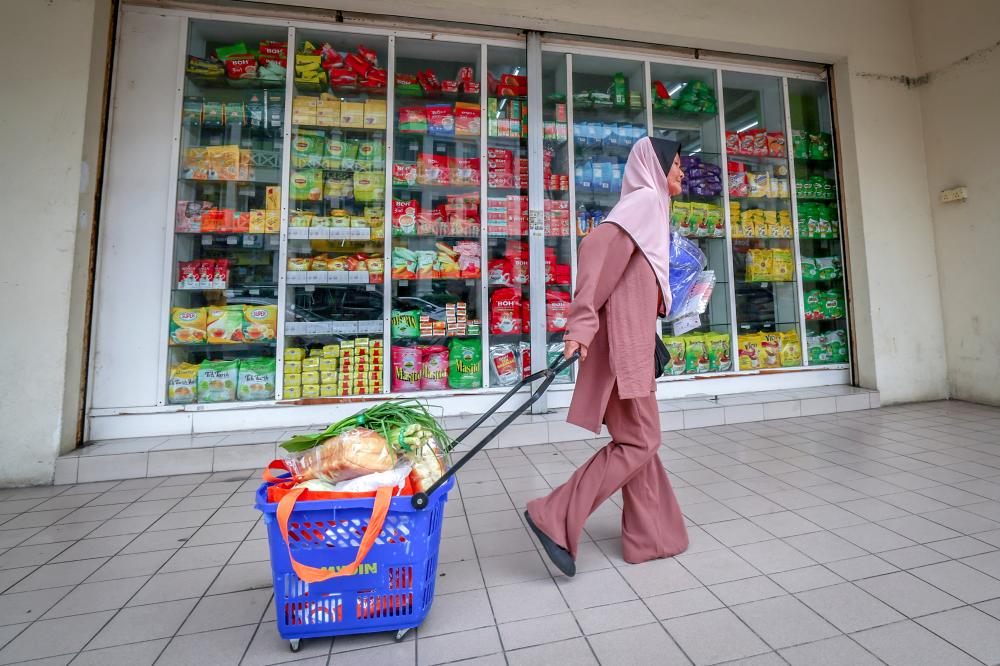PETALING JAYA: The proposed increase in Sales and Service Tax (SST) from 6% to 8% with effect from March 1 may have unintended consequences for all income brackets, said Malaysia University of Science and Technology economist and provost for research and innovation Prof Geoffrey Williams.
He said while the government seeks to shore up its revenue through this tax hike, it could end up making things more expensive for everyone, especially people with lower incomes, putting extra pressure on their wallets.
“Taxes like SST are essential for governments, providing funds for vital services and infrastructure. By taxing goods and services, governments can collect revenue to utilise it for education, healthcare, public transportation and social welfare.
“However, increasing tax rates without considering the wider social and economic impacts could unintentionally slow down growth and hamper efforts to encourage competitiveness and innovation.”
Williams said the recent depreciation of the ringgit against the US dollar adds another layer of complexity as import prices rise, and subjecting them (imports) to higher taxes would potentially worsen the financial strain on business owners and consumers.
“The depreciation is expected to be temporary. During this period, the government could consider maintaining the current 6% SST rate, which could aid the economy by potentially stimulating growth and managing inflation.
“However, any alterations should be approached cautiously to prevent adverse impacts on spending, investment and overall current economic stability.”
Williams said numerous industries faced challenges in adapting and surviving during and after the Covid-19 pandemic, and the recent Israel-Palestinian conflict has exacerbated the situation.
He said this has led to widespread closures, supply chain disruptions and shifts in consumer behaviour.
“The SST increase would make it more expensive for businesses to operate, which might lower their profits and make it harder for them to grow. This could also raise prices for consumers and producers, especially for goods transported by trucks.”
Williams said in the absence of targeted interventions like cash transfers and redistribution policies, the economic burden of the SST increase could disproportionately affect those least equipped to cope with it.
He added that while targeted subsidies through the impending rollout of the Central Database Hub are on the horizon, uncertainties remain regarding immediate relief measures for the most affected individuals.
He said SMEs might find it challenging to absorb the additional costs due to their narrower profit margins and limited resources.
Williams said if transport companies struggle to pass on the additional costs to customers, the higher service taxes could directly affect drivers, potentially leading to wage cuts and job insecurity.
“To alleviate the strain on low-income households, the government must prioritise the implementation of measures funded by the increased SST revenue.”
He stressed that proactive steps are needed to ensure that the burden of the tax hike is not unfairly shouldered by vulnerable groups.
He emphasised the importance of concerted efforts to shield low-income individuals and families from the SST hike’s adverse effects.
Williams called for targeted and equitable policies to mitigate the impact on vulnerable segments of society, fostering a more inclusive and resilient economy for all.









